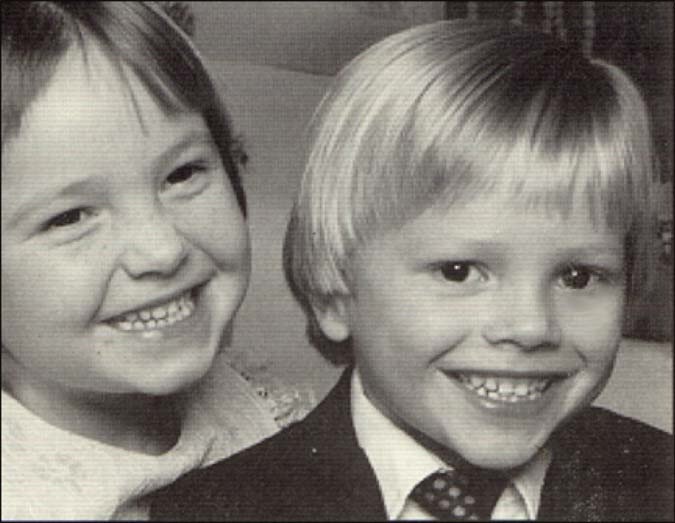Stories of innovation from the past–historical discoveries, hunches, and revolutions
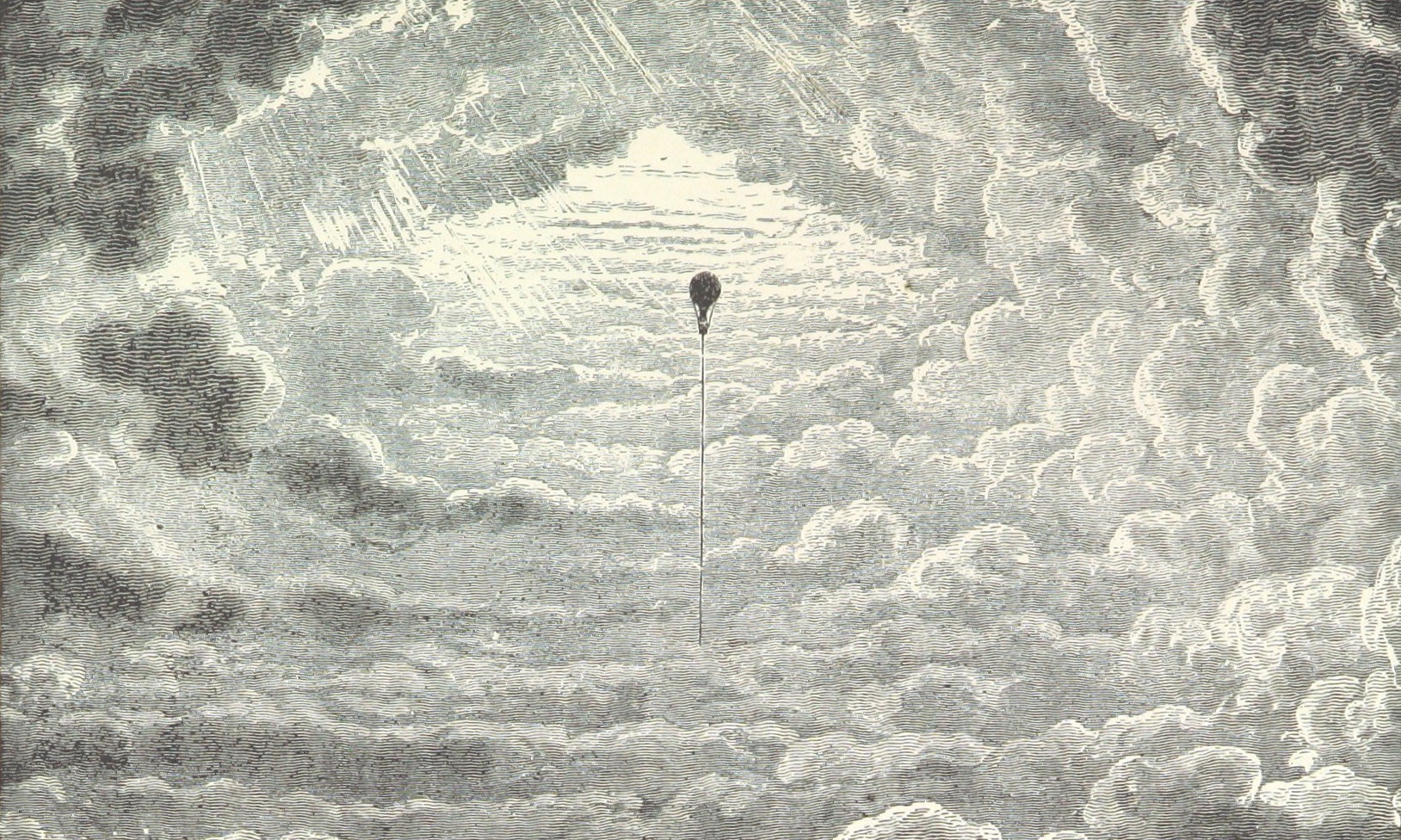
The Forgotten Woman Who Unlocked the Greenhouse Effect
In 1856, American scientist Eunice Foote detailed the mechanics of what we now call the greenhouse effect. Yet we know very little about her. We don’t even know what she looked like.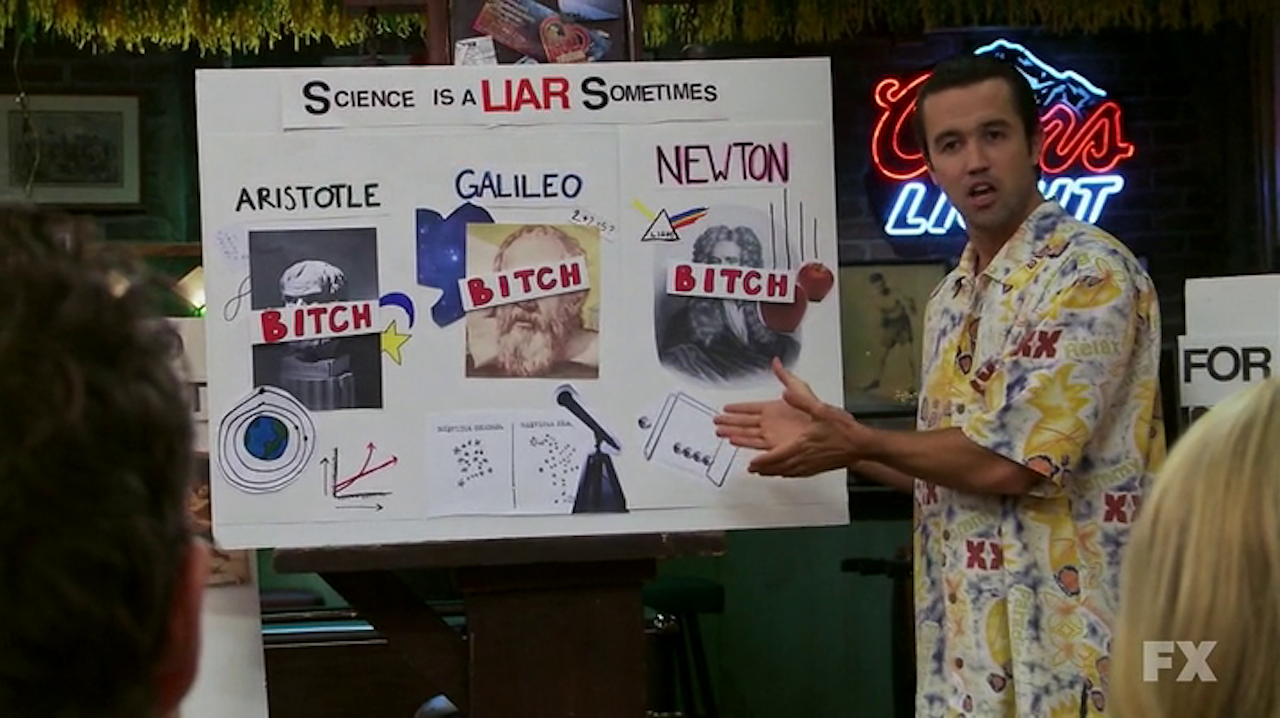
Science Is a Liar Sometimes
I’ve been struggling to find an example of a branch of science that hasn’t been used for evil.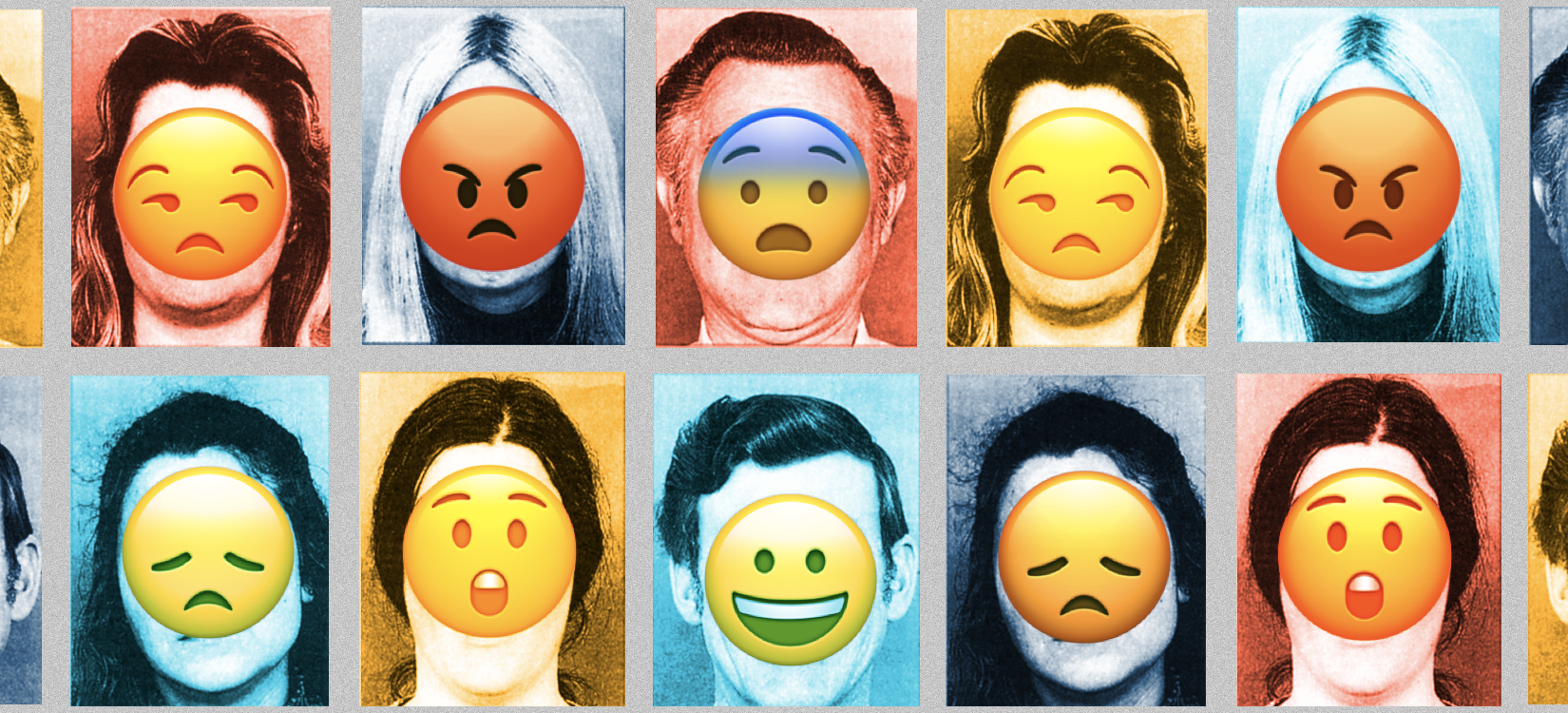
Emotion Science Keeps Getting More Complicated. Can AI Keep Up?
What are emotions? This isn’t just an academic exercise. It’s central to the question of whether we’ll ever build an artificial intelligence that experiences emotions just like we do.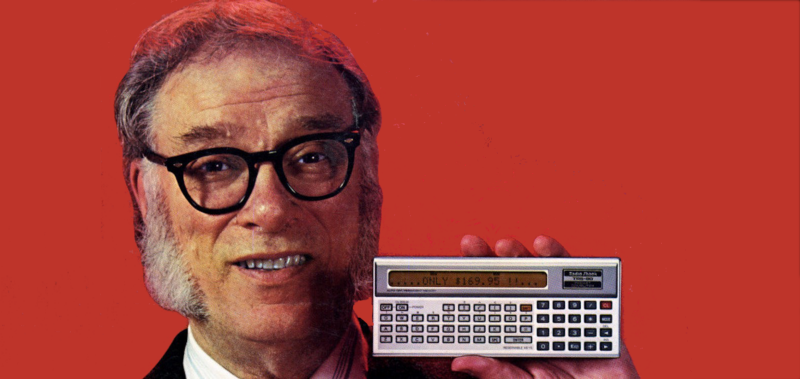
Meet Your iPhone’s Grandparent
When people say there’s more power in your pocket than was used to get to the moon, they’re right-but it took a surprisingly short amount of time for pocket calculators to become actual computers.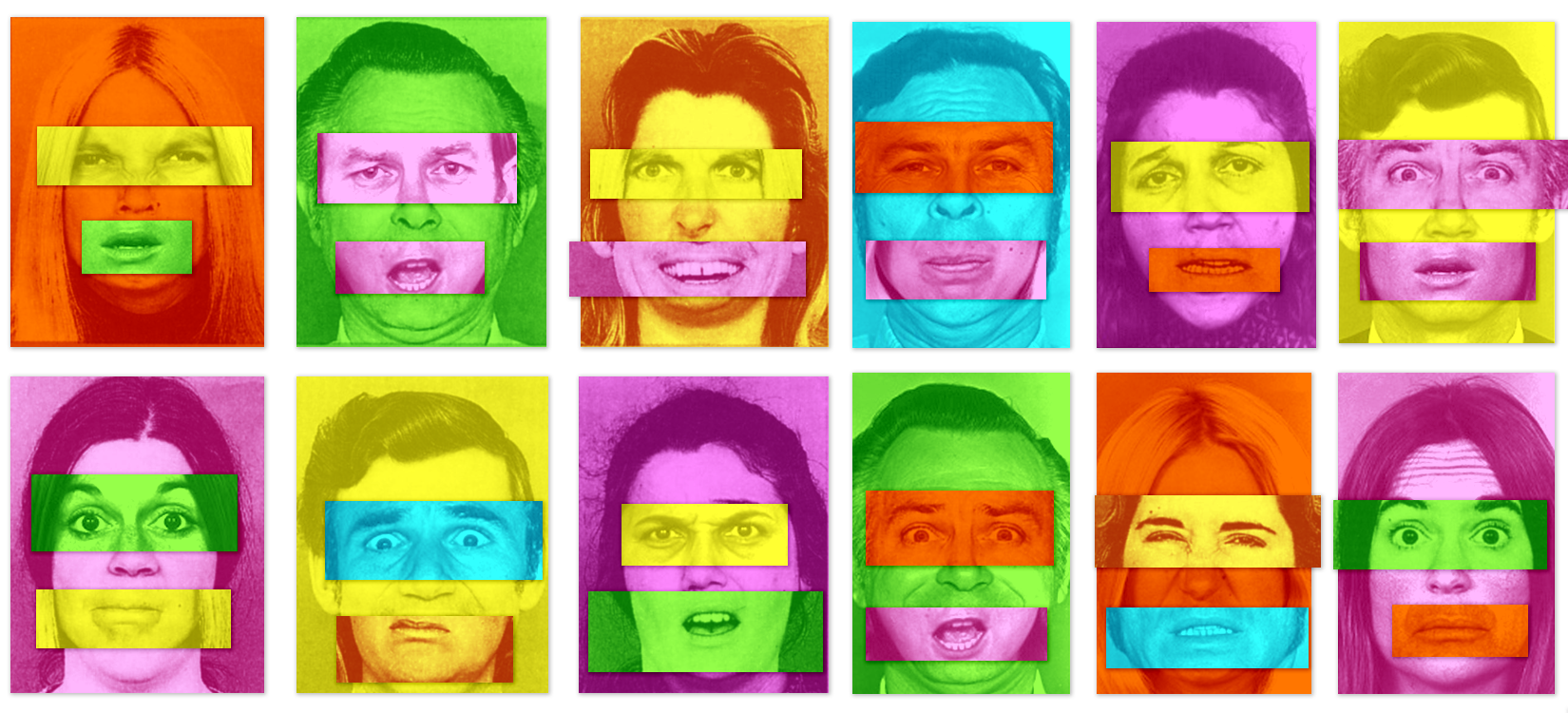
Silicon Valley Thinks Everyone Feels the Same Six Emotions
By relying on outdated science stating that all humans, everywhere, have the same six basic emotions, Silicon Valley could inadvertently create a world of homogenized experiences.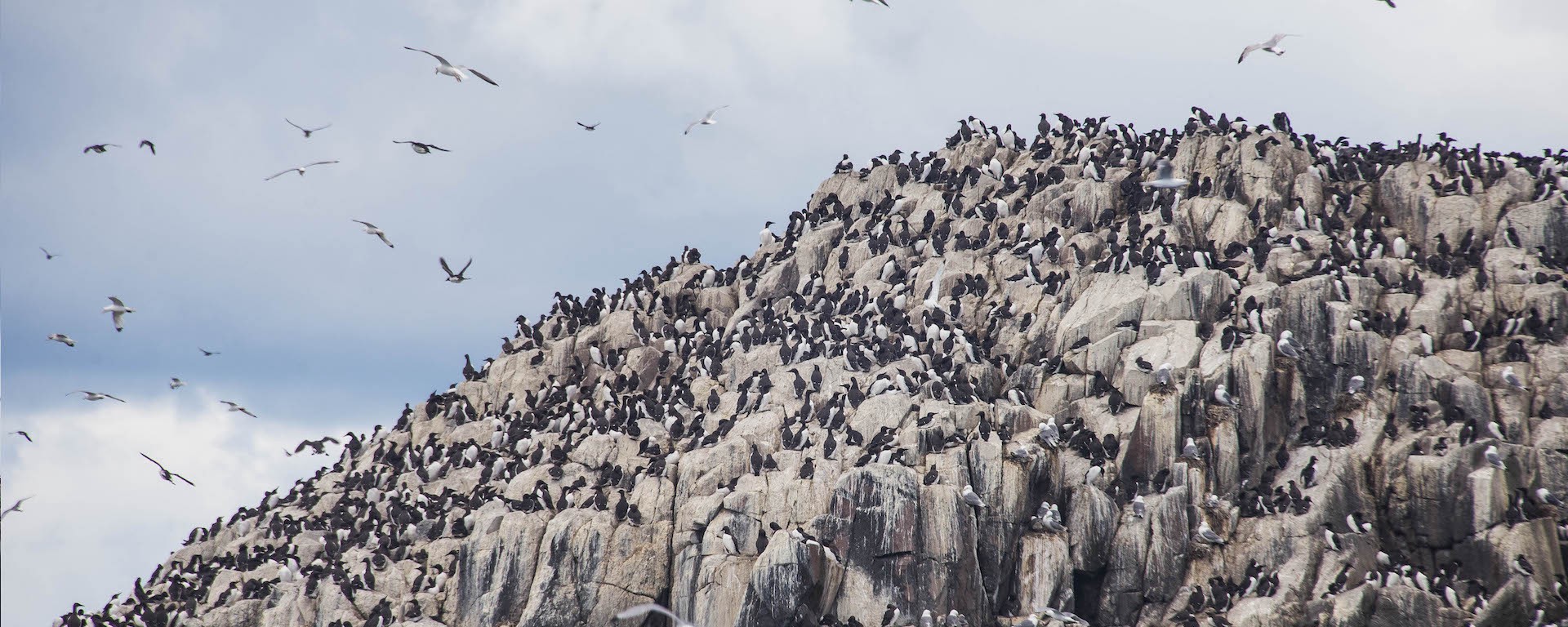
Guano, Guano, Gone
The story of guano is a story about what humans will do in the pursuit of keeping things just the way they are, regardless of the consequences.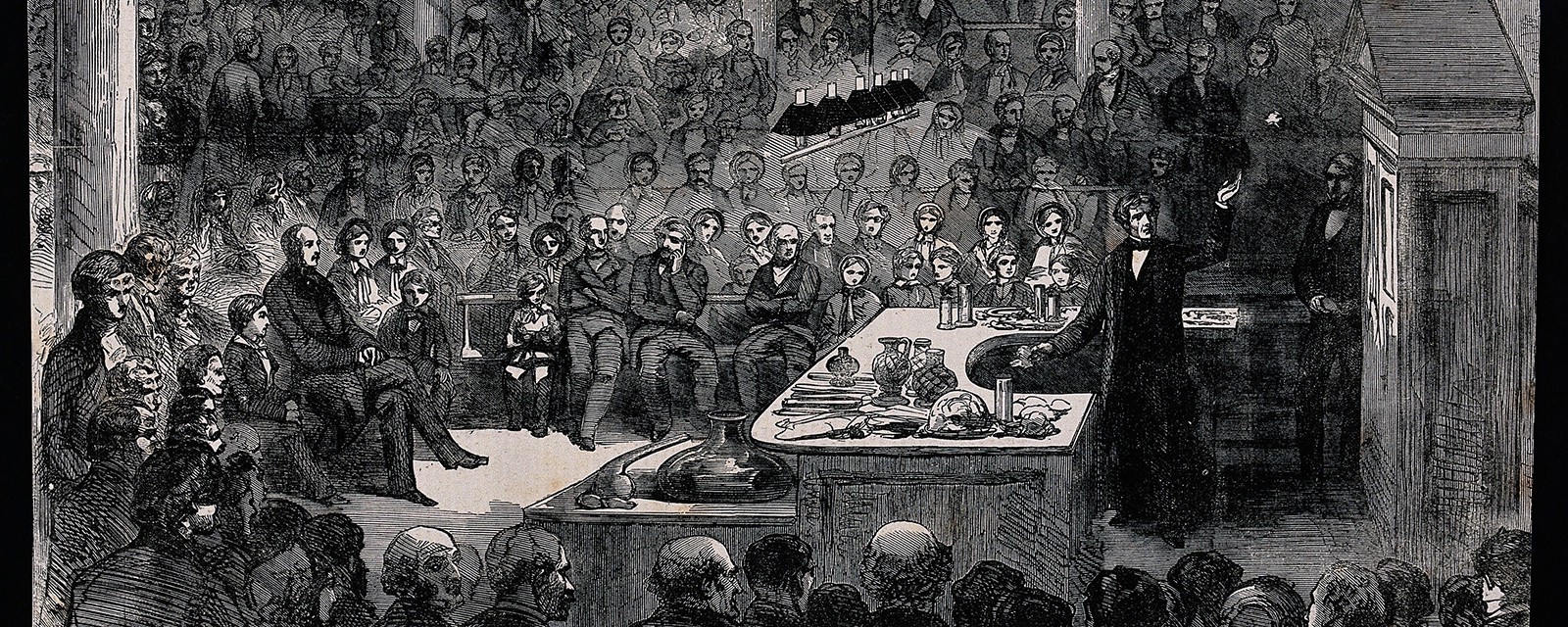
Scientists Don’t Have a Monopoly On Objective Thinking
I wish that the STEM fields weren’t so cloistered from the rest of the academy, and by extension, I wish STEM professionals didn’t wind up sectioned off, in labs and on dev teams, separate from conversations about historical context, or ethics, or the way their work shapes society. But I want to make sure this doesn’t rest on an idea that science owns objective truth–or that the grey spaces of the world should be obliterated.
Disappearing Languages and Tooltips
Obfuscating a feature is obviously not a great solution, and it’s arguably a total betrayal of the principles I laid out above. But it was the best compromise we found between giving people information we knew they’d want, while not promising something we couldn’t deliver in a fair and equal manner.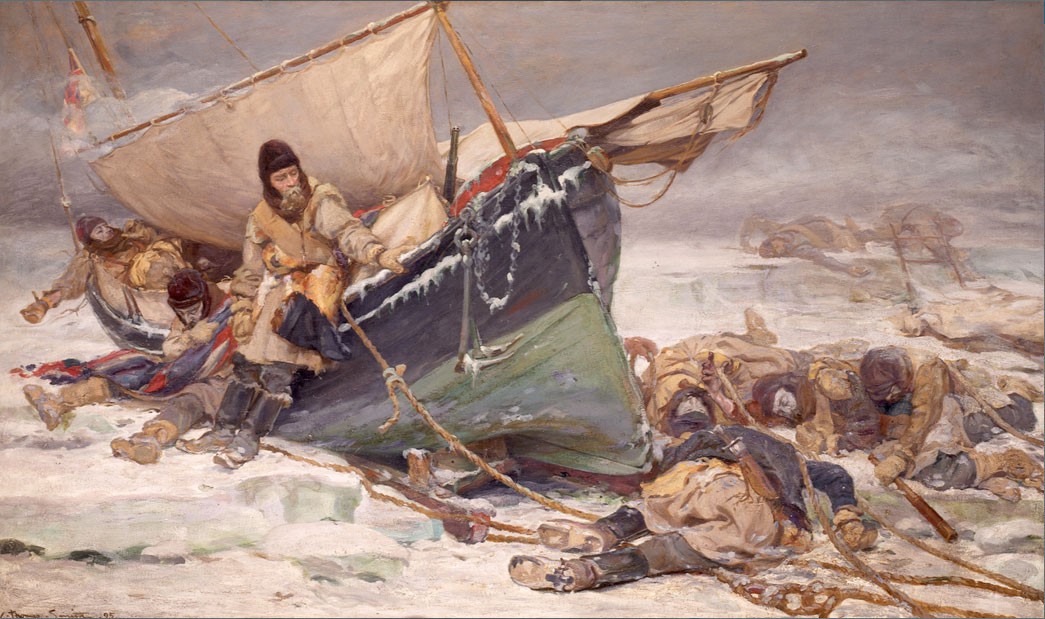
Why Did Hundreds of Arctic Explorers Disappear Without a Trace?
The Franklin Expedition’s untimely demise may have been down to an unlikely suspect–tinned food
The History and Legacy of the Quest to Find the Aether
Nineteenth-century scientists faced a conundrum: How does light work? While they understood that light was a wave–Newton and others had proved that it behaves like a wave in water, refracting and reflecting in the same way that waves do–they began to theorize about what the wave traveled through. The main candidate toward the end of […]
A Short History of Drones
The tactician Sun Tzu didn’t have drones when he wrote The Art of War more than 2,000 years ago, but his work foreshadowed the capabilities these remote-controlled airplanes now offer. He wrote that: “…to fight and conquer in all your battles is not supreme excellence; supreme excellence comes in breaking the enemy’s resistance without fighting.” […]
The Hidden Room for Spies in the Natural History Museum
During WWII, British spies had a secret room in the museum for showing off new gadgets.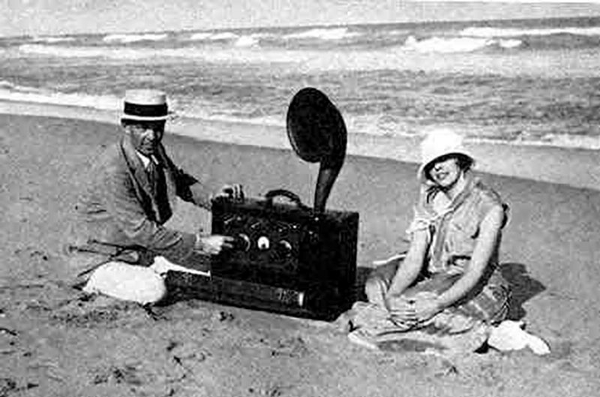
The Ghost Inside Your FM Radio
The story of Edward Howard Armstrong, the inventor of FM
How We Got To: Instagram
The story of the photo-sharing app is the latest part of the story of photography.
A Brief History of Branding
Beer, soap, and oats.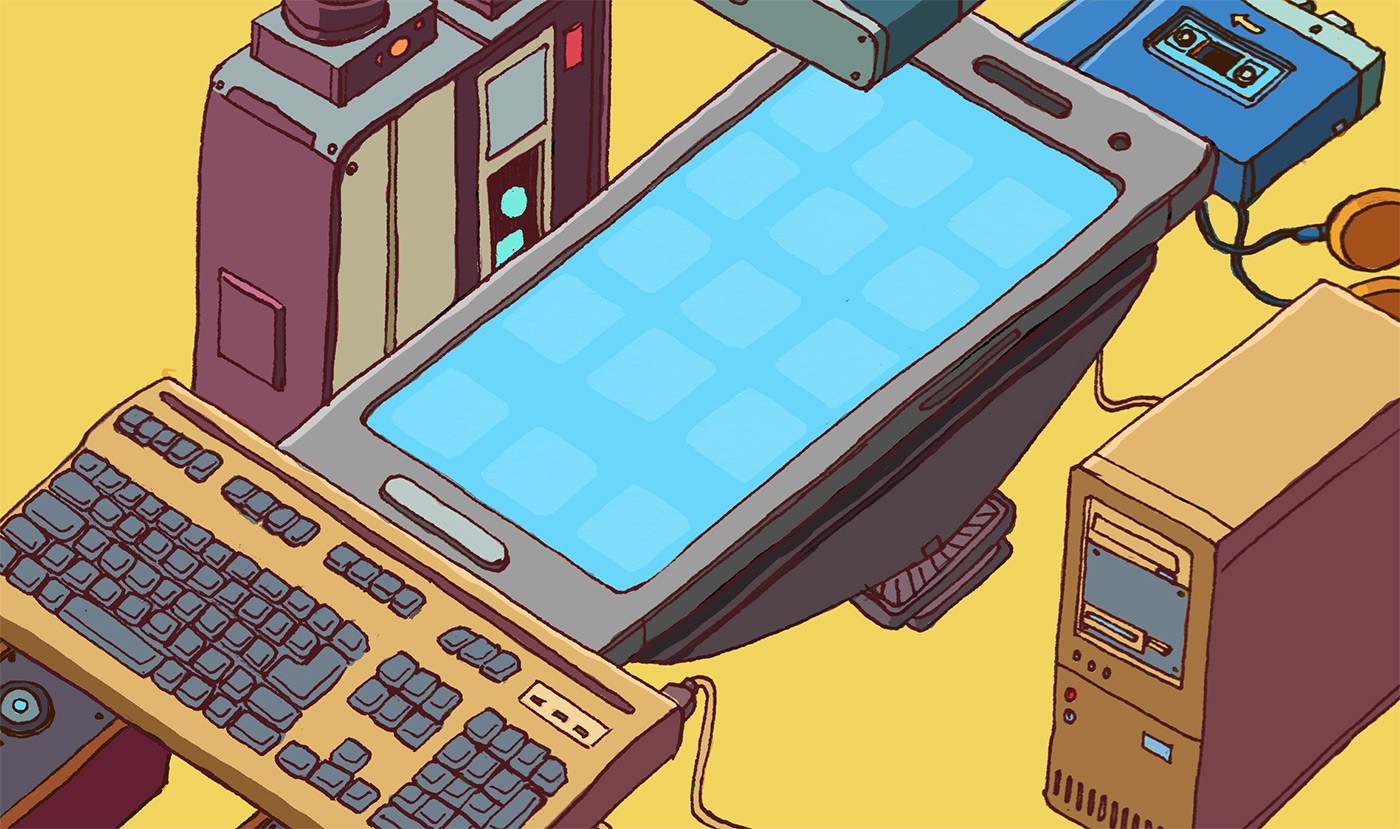
How We Got To: The Smartphone
Unpacking the bundle of inventions behind that shiny black mirror in your pocket.
How an 800-Year-Old Mystery is Changing the Way We Do Science
The hunt for Genghis Khan’s grave has led to a host of other discoveries.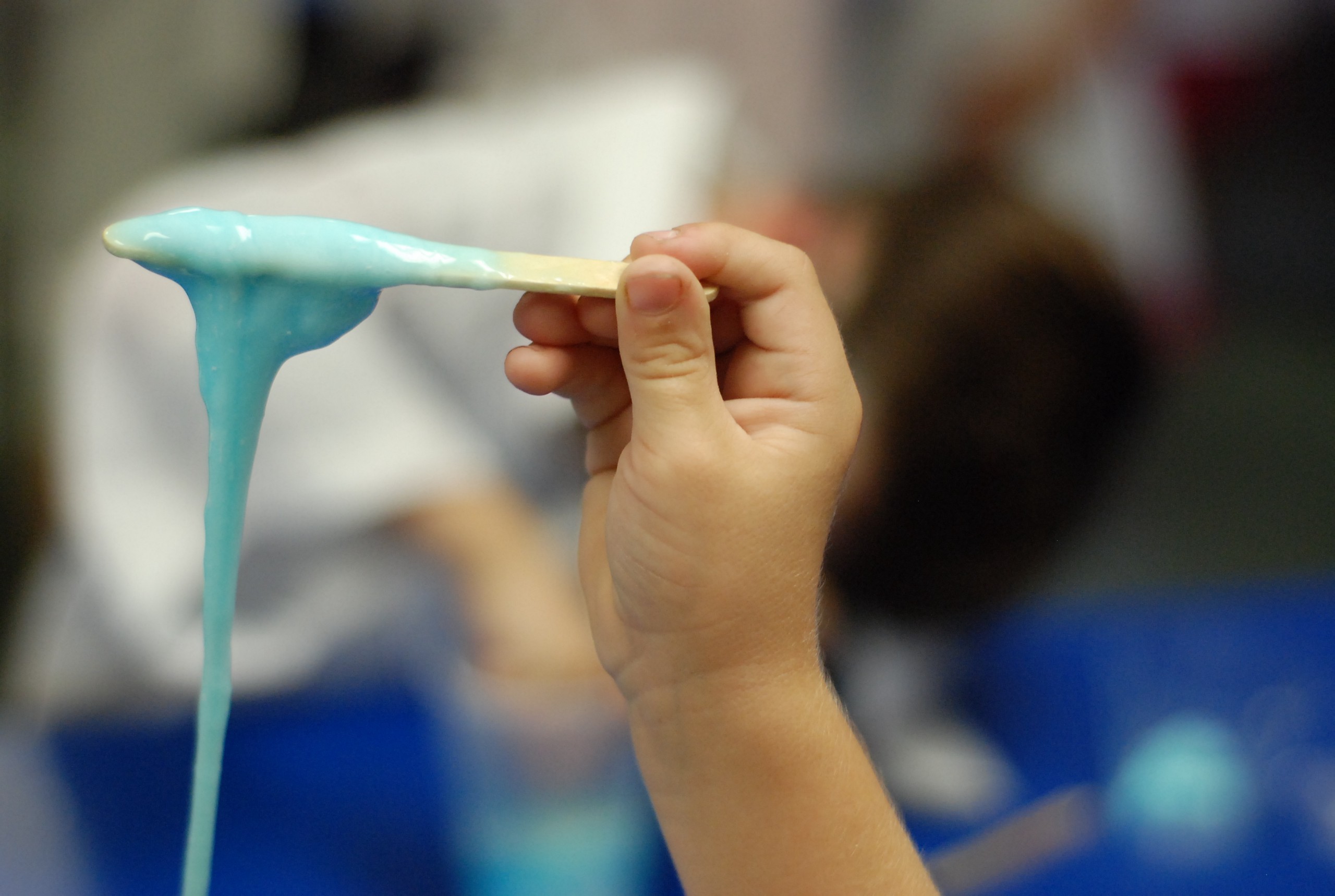
Slimed! A Brief History of Gunge
Icky green slime is far older than Nickelodeon.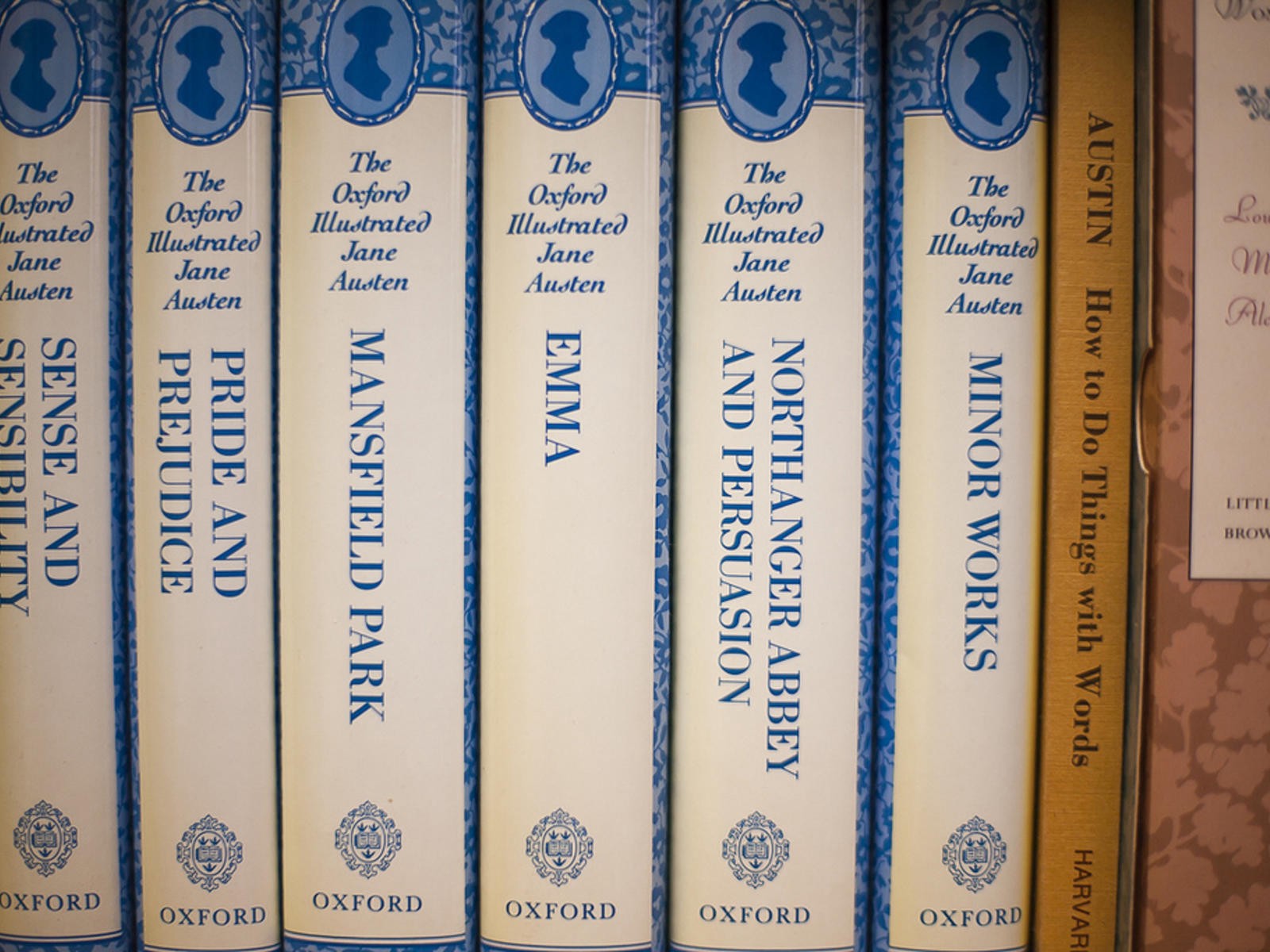
A Brief History of Fanfiction
Fans have always made pop culture their own–but key to modern fanfic is its sense of community.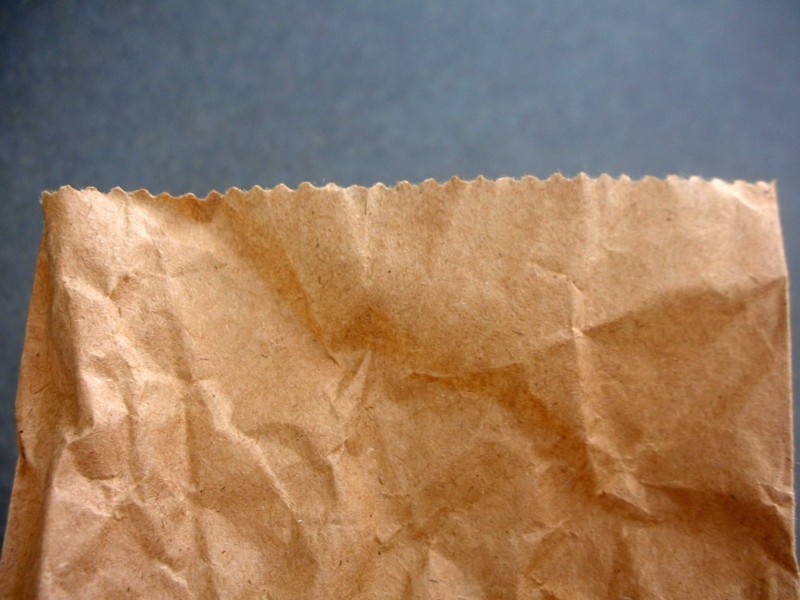
The Big Cooking Geek Trend of 1911: Paper Bags
One chef’s doomed quest to revolutionize home cooking.
Happy 100th, Hedy Lamarr!
The Hollywood actress was also one of the key inventors of the technology that became wifi